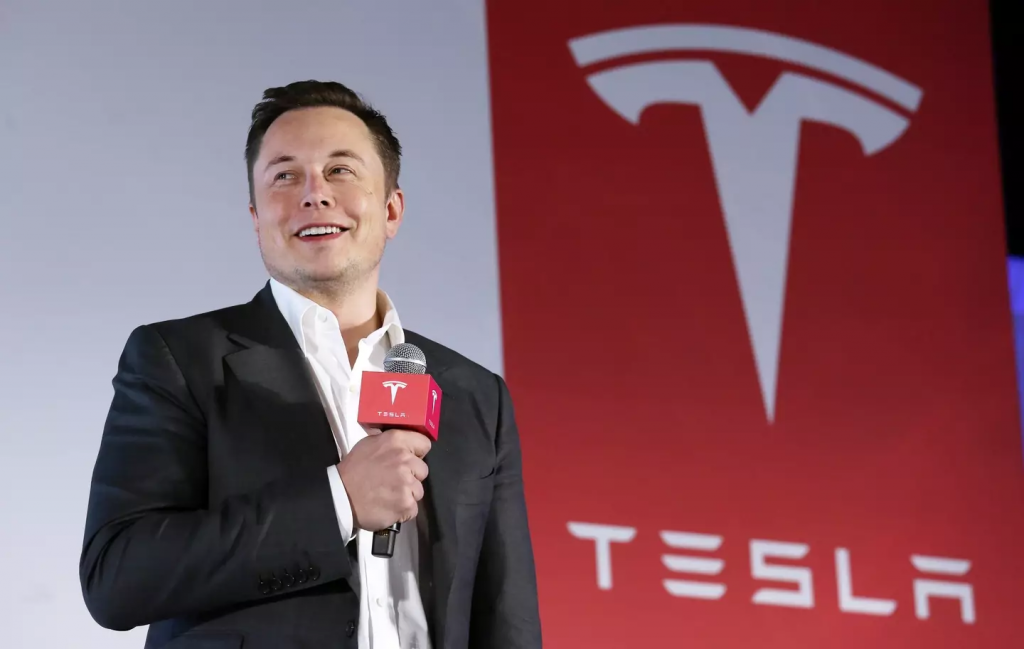Elon Musk, the world’s richest man, faced another legal setback as a Delaware judge denied his record-breaking $56 billion pay package from Tesla. This marks the second time the courts have rejected the historic compensation plan, originally established in 2018.
The payout, described in court filings as the largest in public market history, was designed to compensate Musk based on Tesla’s performance. Although the company sought approval for the deal through a shareholder vote and later through the courts, Delaware judge Kathleen McCormick ruled against it in a detailed 101-page opinion.

Judge’s Decision and Its Impact
Judge McCormick called Tesla’s legal arguments “fatally flawed” and dismissed their approach as “indefensible.” She elaborated, stating:
“The large and talented group of defense firms got creative … but their unprecedented theories go against multiple strains of settled law. Novelty is not necessarily damning, but defendants’ novel request flies in the face of the policy bases for all relevant rules of procedure. Were the court to condone the practice of allowing defeated parties to create new facts for the purpose of revising judgments, lawsuits would become interminable.”
As a result of the ruling, Tesla shares dropped by 1.4% in after-hours trading, reflecting market uncertainty following the decision.
The court also rejected an unusual request from the plaintiff’s lawyer, who sought to be compensated with $5.6 billion in Tesla stock as part of their legal fees.

Tesla and Musk’s Response
In response to the ruling, Tesla released a statement expressing its intention to appeal the decision. The company maintained that the pay package was justified by Musk’s contributions and approved by shareholders.
“A Delaware judge just overruled a supermajority of shareholders who own Tesla and who voted twice to pay Elon Musk what he’s worth,” Tesla’s statement read. “The court’s decision is wrong, and we’re going to appeal. This ruling, if not overturned, means that judges and plaintiffs’ lawyers run Delaware companies rather than their rightful owners – the shareholders.”
Musk shared Tesla’s statement on Twitter, adding his own commentary. He declared that “shareholders should control company votes, not judges,” aligning with criticism from prominent investor Cathie Wood, CEO of Ark Invest.
Wood voiced her disapproval of the ruling in a tweet, stating:
“Based on her @TSLA ruling, DE Judge McCormick is an activist judge at its worst. No judge has the right to determine CEO compensation. Shareholders voted twice, overwhelmingly each time, to ratify @elonmusk’s 2018 performance-based pay package. She will lose this fight in Supreme Court. I stand by my original response supporting #Tesla and Elon.”
Musk retweeted Wood’s post, signaling his agreement and reinforcing his stance on shareholder authority.

Looking Ahead
While the legal battle over Musk’s compensation continues, Tesla’s decision to appeal sets the stage for a potential review by higher courts. The outcome could have significant implications for corporate governance and executive compensation in publicly traded companies.
